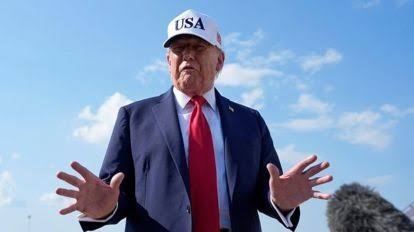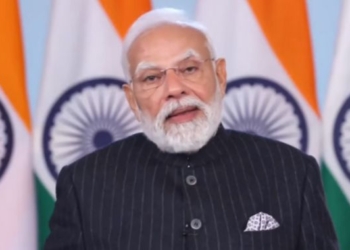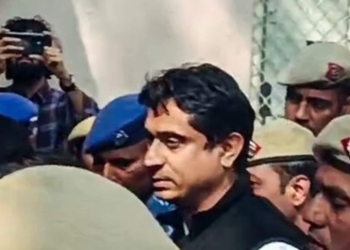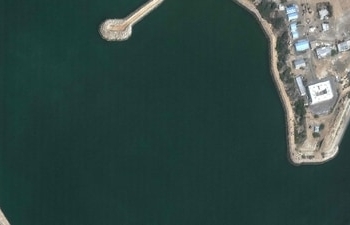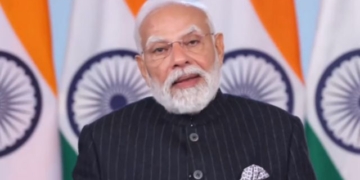U.S. President Donald Trump has announced a new 10% additional tariff on countries aligning with “anti-American” BRICS policies, following strong criticism from the BRICS 2025 Summit regarding recent U.S.-Israel strikes on Iran.
The announcement, made ahead of the July 9 deadline for his earlier 90-day tariff pause, signals a hardline stance as Trump prepares to enforce trade penalties on 12 countries, with tariff letters “signed and ready” for release on Monday at 12 PM EST.
BRICS Condemns Strikes, Slams Double Standards
The BRICS 2025 Summit, held in Brazil and attended by its 10 member states—Brazil, China, Egypt, Ethiopia, India, Indonesia, Iran, Russia, South Africa, and the UAE—strongly condemned the U.S. and Israeli military actions in Iran. Labeling them “illegal,” the joint declaration also criticised the global double standards on terrorism, particularly highlighting the Pahalgam terror attack in Jammu & Kashmir.
Indian Prime Minister Narendra Modi used the platform to denounce the West’s selective approach to terrorism, calling for zero tolerance and the dismantling of terror financing and safe havens.
BRICS Also Targets Global Trade Practices
The summit declaration indirectly criticised the U.S. for unilateral tariff hikes, warning that such actions undermine global trade and destabilize supply chains. It also included strong language against military actions in the Gaza Strip, aligning with broader Global South concerns over Western foreign policy.
Trump Doubles Down Despite Global Concerns
Trump first announced revised tariff rates for all trading partners on April 2, sparking international criticism and a global trade chill. A 90-day pause was granted, later extended till July 9. With the window closing, the White House confirmed on Sunday that tariff enforcement letters will be dispatched.
Despite global backlash and doubts over whether Trump would follow through, the administration appears committed to imposing trade costs on nations it sees as siding against U.S. strategic interests.
What’s Next?
Analysts warn the move could further escalate geopolitical tensions and trigger retaliatory tariffs, especially from BRICS heavyweights like China, India, and Russia. The targeted countries are yet to be officially named.

